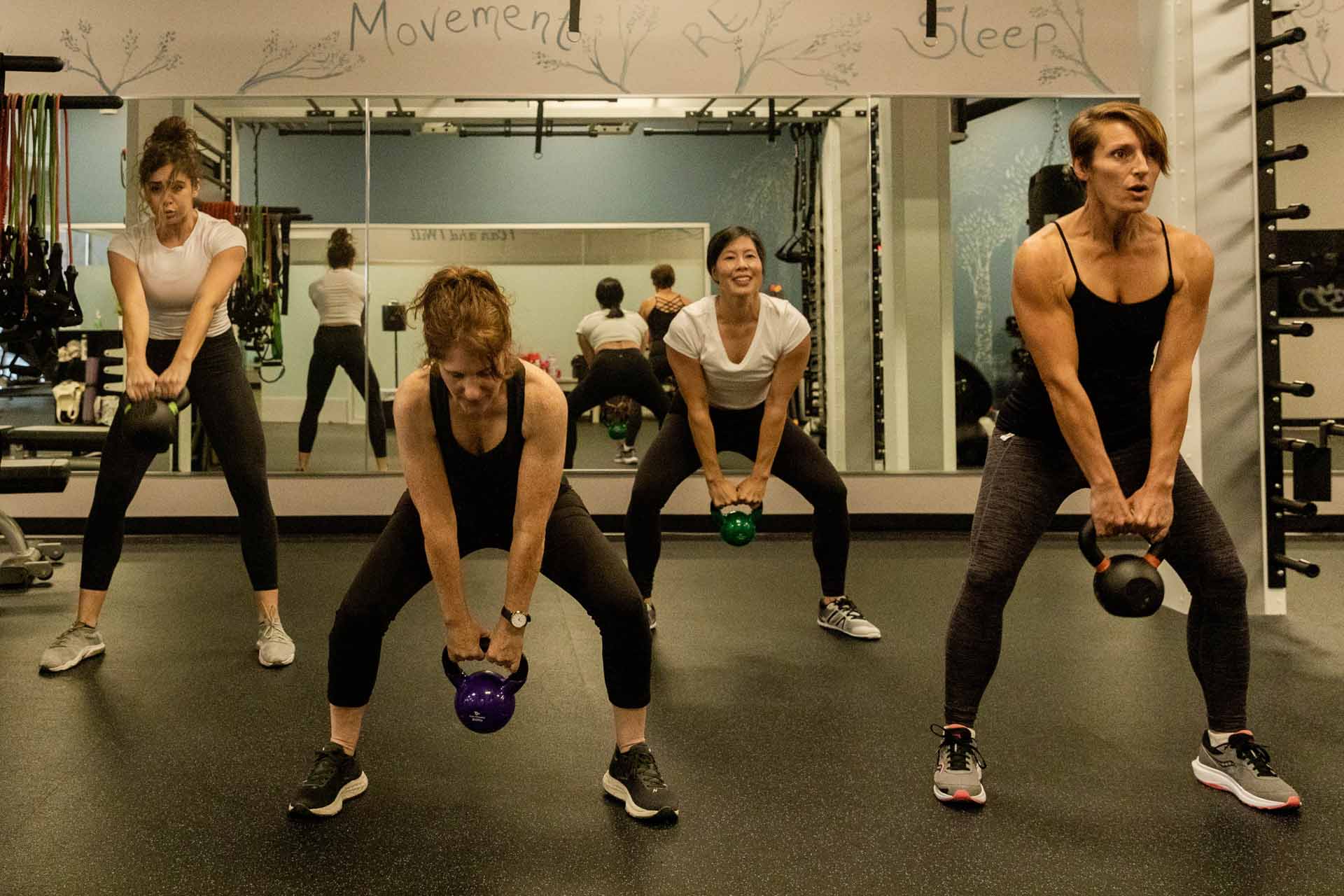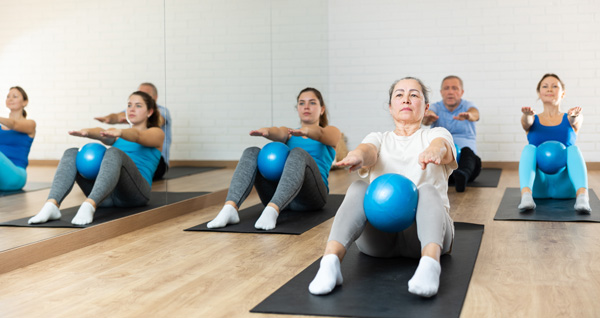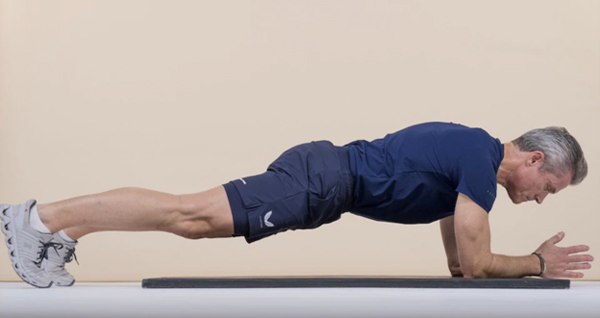The Hidden Gems of Strength Training 💪✨
When most people think of strength training, images of bulging muscles and heavy weights often come to mind. However, the benefits of strength training go far beyond just building muscle. Whether you prefer dumbbells, barbells, or using your own bodyweight, you’ll reap some surprising rewards that can enhance your life in various ways. Let’s dive into some of the lesser-known perks of pumping iron! 🏋️♀️🏋️♂️
1. Boosts Metabolism 🔥
Strength training is a powerful way to boost your metabolism. When you build muscle, your body requires more energy to maintain it, leading to an increase in your resting metabolic rate. This means you’ll burn more calories even when you’re not working out! According to a study published in the Journal of Applied Physiology, resistance training can elevate your metabolism for up to 72 hours post-exercise (Schuenke et al., 2002). So, the next time you lift weights, remember that you’re also boosting your calorie-burning engine! 🌟
2. Enhances Mental Health 🧠💚
Lifting weights isn’t just great for your body; it’s also beneficial for your mind. Research has shown that strength training can reduce symptoms of anxiety and depression. A review in the American Journal of Lifestyle Medicine found that resistance exercise training was associated with significant reductions in anxiety symptoms (Gordon et al., 2017). Plus, the sense of accomplishment you feel after lifting heavier weights or mastering a new exercise can boost your self-esteem and overall mental well-being. 🌈
3. Improves Bone Health 🦴
As we age, maintaining bone density becomes crucial to prevent osteoporosis and fractures. Strength training is an excellent way to keep your bones strong. The mechanical stress from lifting weights stimulates bone formation, increasing bone density. The Journal of Bone and Mineral Research reported that resistance training can help improve bone density, particularly in postmenopausal women (Kerr et al., 1996). So, lift those weights to keep your bones strong and healthy! 🏋️♀️
4. Enhances Functional Fitness 🚶♂️🤸♀️
Functional fitness refers to the ability to perform everyday activities with ease. Strength training improves your functional fitness by increasing your strength, stability, and coordination. This means you’ll find it easier to carry groceries, climb stairs, and perform other daily tasks. A study in the Journal of Aging and Physical Activity found that older adults who engaged in resistance training had better functional fitness and mobility (Latham et al., 2004). So, think of strength training as a way to enhance your daily life! 🌟
5. Reduces Risk of Chronic Diseases ❤️
Strength training can help reduce the risk of several chronic diseases, including type 2 diabetes, cardiovascular disease, and certain types of cancer. It improves insulin sensitivity, lowers blood pressure, and enhances cardiovascular health. According to the American College of Sports Medicine, regular resistance training can help manage and prevent chronic diseases by improving body composition and cardiovascular risk factors (Garber et al., 2011). So, lifting weights isn’t just about muscles—it’s about overall health! 🌿
Conclusion 🎉
Strength training offers a multitude of benefits that extend far beyond building muscle. From boosting your metabolism and enhancing mental health to improving bone density and functional fitness, the rewards are vast and varied. So, whether you prefer dumbbells, barbells, or bodyweight exercises, embrace the power of strength training and enjoy these hidden gems! 💎
References 📚
- Schuenke MD, Mikat RP, McBride JM. (2002). Effect of an acute period of resistance exercise on excess post-exercise oxygen consumption: implications for body mass management. Journal of Applied Physiology, 93(2), 687-692.
- Gordon BR, McDowell CP, Hallgren M, Meyer JD, Lyons M, Herring MP. (2017). Association of efficacy of resistance exercise training with depressive symptoms: meta-analysis and meta-regression analysis of randomized clinical trials. JAMA Psychiatry, 75(6), 566-576.
- Kerr D, Ackland T, Maslen B, Morton A, Prince R. (1996). Resistance training over 2 years increases bone mass in calcium-replete postmenopausal women. Journal of Bone and Mineral Research, 11(12), 1964-1970.
- Latham N, Anderson C, Bennett D, Stretton C. (2004). Progressive resistance strength training for physical disability in older people. Cochrane Database of Systematic Reviews, (2), CD002759.
- Garber CE, Blissmer B, Deschenes MR, et al. (2011). Quantity and Quality of Exercise for Developing and Maintaining Cardiorespiratory, Musculoskeletal, and Neuromotor Fitness in Apparently Healthy Adults: Guidance for Prescribing Exercise. Medicine & Science in Sports & Exercise, 43(7), 1334-1359.
Happy lifting! 💪🌟



